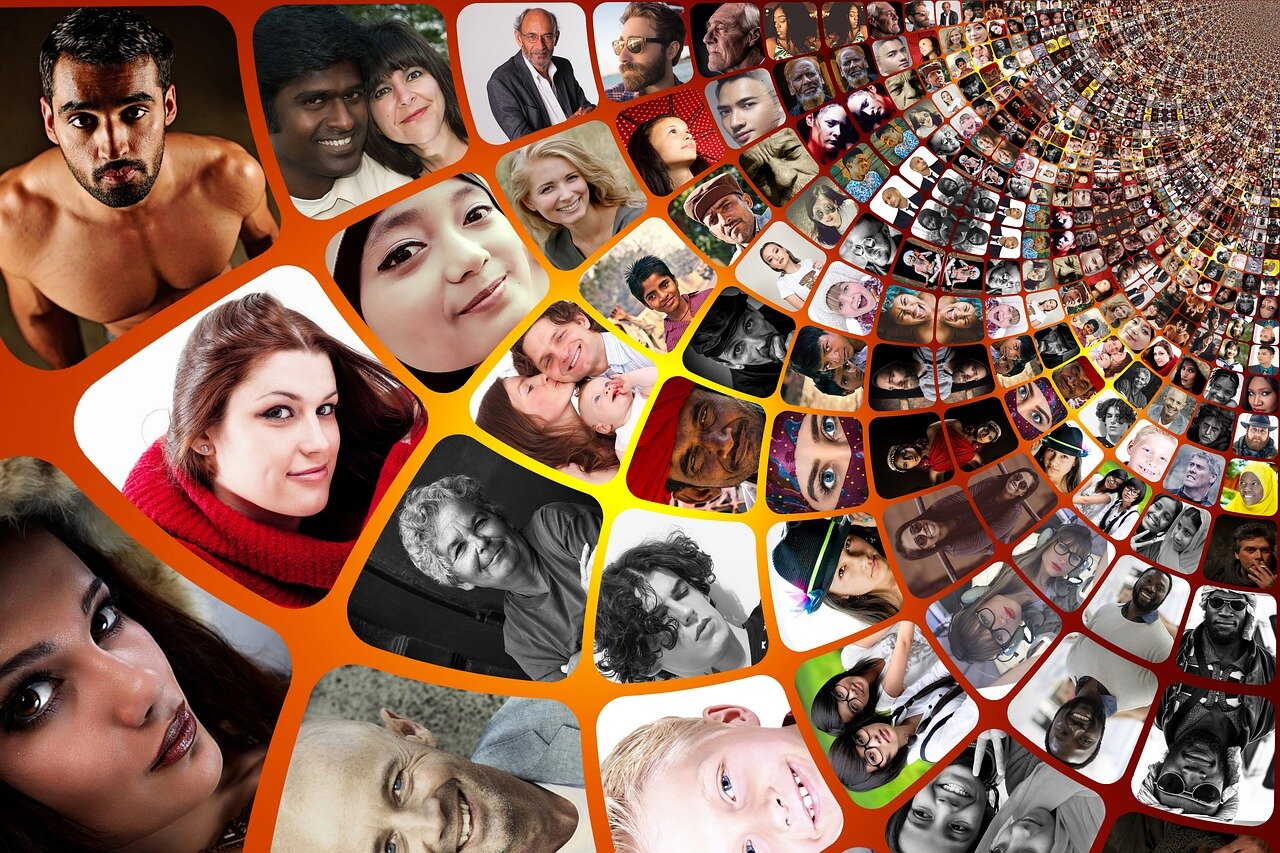
Real People, Real Experiences
Looking to learn more about how to provide thoughtful care and collaborate with other future healthcare providers for improved patient health outcomes? In Real People, Real Experiences, real people share their real lived healthcare experiences. In this post, we (1) describe Real People, Real Experiences inter-professional learning event, and (2) explain how you can participate as a learner or presenter. Estimated reading time: 3 minutes, 10 seconds
By Krista Baerg, Getahun Lombamo, and Sheryl MillsWhat is the purpose of Real People, Real Experiences events?
Health professions learners often work with carefully constructed hypothetical cases and scenarios that are used to reinforce concepts. Even though we have all had real healthcare experiences, it is understandable that in the rigorous day-to-day bustle of studies health professional trainees may lose sight of real people who have real healthcare experiences in the real world. Real People, Real Experiences[1] is an interprofessional learning event centrally facilitated by USask Health Sciences that offers healthcare profession trainees a glimpse into the lived experience of people who have been “patients” at one time or another.
Partnership with patients and interprofessional team members is a key feature of patient and family centered care. Provision of patient and family centered care is also a key competency for interdisciplinary collaboration. In Real People, Real Experiences events, real individuals share their real healthcare experiences in short videos that they have recorded in the way they want to best share their experiences. In their short videos, presenters provide a glimpse into their experience to help participants see the connection between the intended actions of the health care provided and the direct experience of the person receiving the care. As healthcare professionals often operate in tandem or as a relay team passing the care baton in chart notes, the person receiving care, or their loved ones, is best positioned to see the whole picture and its impact on their health and wellbeing.
Presenters often highlight the important roles effective communication and teamwork play in the care they receive. To provide an opportunity for participants to practice teamwork and communication skills prior to having direct experiences with real people, Real People, Real Experiences participants meet with other future health care professionals and practice durable professional skills related to the CIHC competencies.
What happens in a Real People, Real Experiences event?
(For more on the structure and design of centrally-facilitated IPE events please see the USask Health Sciences IPE webpage.)
Presenters share their experiences in a 15-minute video. In small interprofessional teams, learners reflect on the patient or/and family experience within the healthcare system, participate in and practice teamwork skills, and learn about other professional scopes of practice.
How to participate in Real People, Real Experiences events as a learner
There are seven Real People, Real Experiences offered each academic year and registration and participation are easy with the IPECT platform.
- Register for the event in IPECT using your NSID if you are a USask learner. If you would like to participate but you are with another institution, please contact the USask Health Sciences IPE Team to find out more.
- Start the event on the release date.
- Progress through the activities in the selected event in IPECT.
- Complete your activity submission and if needed for your program, download a PDF.
How to get involved as a Real Person presenter
If you (or someone you know) has had a healthcare experience that you think can help inform future healthcare professionals, the Real People, Real Experiences learning event is an opportunity for you to share this experience. When you share your experience, participants have a chance to glimpse healthcare through your eyes. To learn more about how you can contribute, please contact Dr. Getahun Lombamo at USask Health Sciences. For additional information, support, and the most recent calendar of IPE events please visit the USask Health Sciences IPE webpage.
[1] This event started out as Patient and Family Narratives (PFN) here at the University of Saskatchewan almost two decades ago. It developed from narrative medicine.

